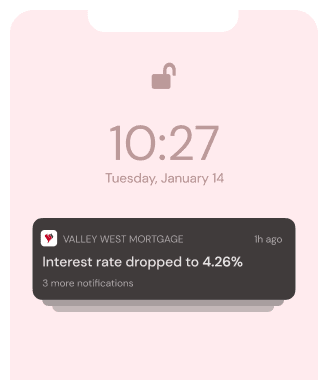Monthly Income reports determine we're not saving enough.
According to a survey conducted by Bankrate and an article on CNN Money, half of the American population currently saves less than five percent (5%) of their monthly income. It's estimated that eighteen percent (18%) of Americans save almost nothing from their monthly income. Scary right? What is the main cause of this problem and how do you make changes in your life to start saving more of your monthly income? Those are usually the first questions asked when discussions open up about personal finance.
As the United States Economy improves day by day, more Americans start spending more money on extra expenses. It's important to treat yourself once and a while. On the other hand, we know that the U.S. Treasury Bond can spike over night and raise rates to record highs. So its important that you're putting money into your savings. You know, for those "What if..." moments.
Why we're not surprised that monthly income savings are below five percent
When you factor in all that's going on in Colorado, Nevada and California, it makes complete sense to us that Americans are saving less from their monthly income. California is facing one of the worst droughts on record. The state taxes keep rising and wild fires are breaking out all over the place every other week. California always has something going on, so thats a little less alarming compared to Nevada and Colorado. Nevada is close to entering a drought of our own. The Colorado river feeds into Lake Mead and the Hoover Dam. With water levels continuing to fall, Hoover Dam is struggling to make power. This is alarming news considering that the Hoover Dam provides power to Arizona, Southern California and Nevada.
Lake Tahoe, in northern Nevada, currently sits below it's natural rim. This causes the Truckee river to produce less water to the city of Reno and raise water prices. You can see that even something as important as snow fall effect how much money you save. It kind of makes you rethink global warning all over agin doesn't it.

Taken in 2015, the Truckee River sites with water levels at a record low.
How saving less can hurt your loan chances
When you apply for a mortgage loan, banks and brokers will want to see a copy of your W2's and your taxes for the last two (2) years. They may ask you for two (2) to three (3) months of bank statements. Showing that you have some money in savings is very important. Having a steady stream of income is even more important. What's more important, showing that even if you only put two hundred to three hundred dollars towards savings each monthly, you're committed to paying your bills on time. Investors will see this and assume that if you get the chance to save an extra five hundred dollars, you will. That can help per-qualify you for a mortgage loan. Not being able to save anything and having a crazy list of spending spree's does not help your situation. Keep that in your mind the next time you feel like splurging on new shoes.
Our monthly income savings recommendation
Valley West Mortgage recommends that Americans should save fifteen (15) to twenty (20%) of their monthly income. If you make $4000 a month, that would mean that you need to save six hundred dollars ($600) to eight hundred ($800) dollars a month. Our recommendation also accounts for savings toward retirements and the principle interest of your mortgage loan.

